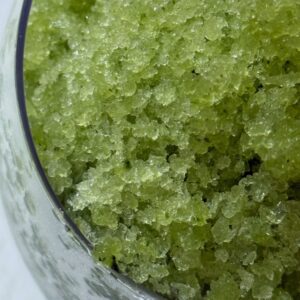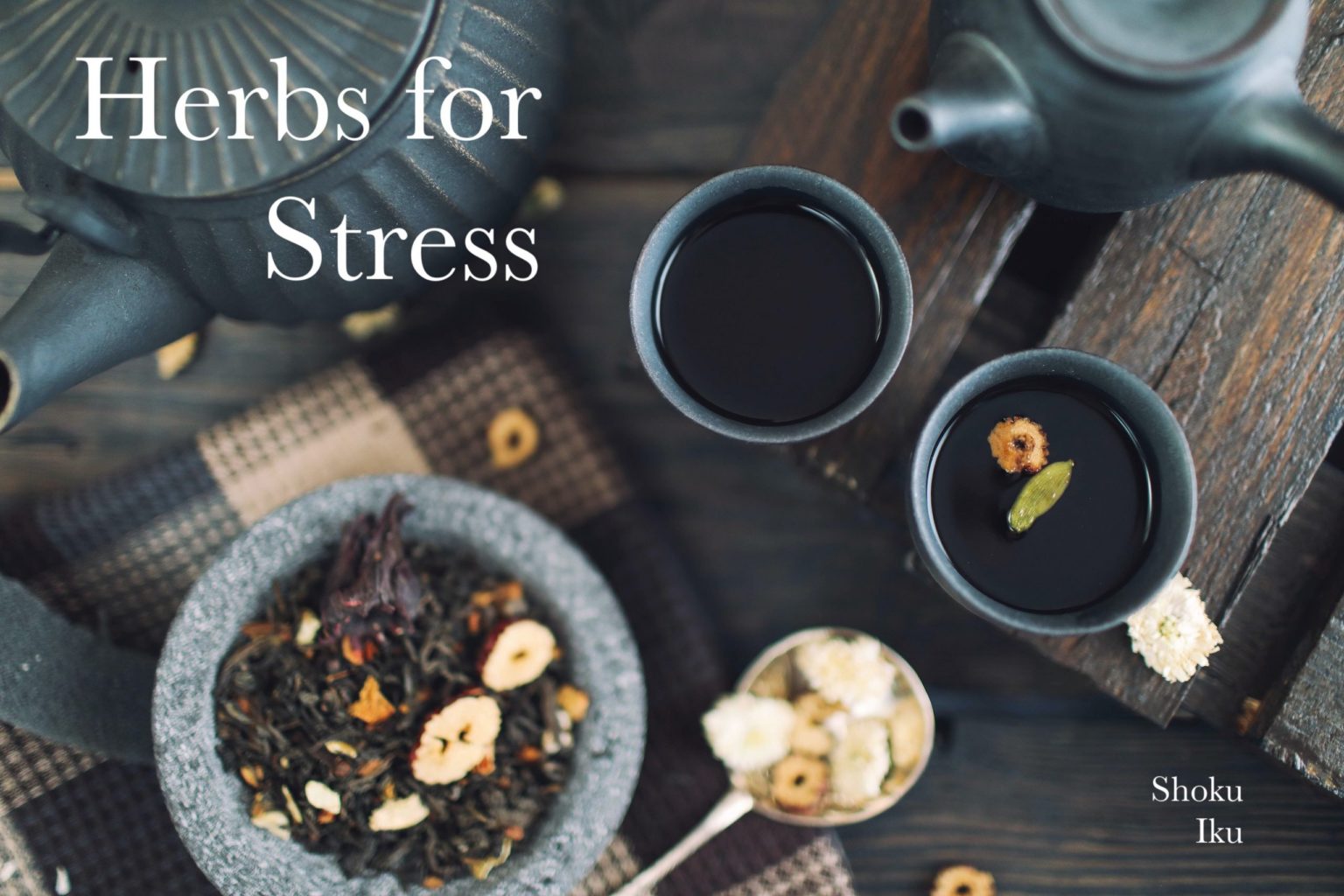
Cucumber & Tremella Granita
A Sicilian-style granita for hot days and hydrated cells When

Kick-start, energise, rejuvenate
All carefully planned and prepared to help nourish, reset and rejuvenate the body and mind.

This month I have focused on talking about looking after our mental health. Especially in Melbourne where the lockdown continues and it’s been challenging to always stay positive.
There are many tools to help us, not to just get through, but to use this opportunity to learn about ourselves and find what is important in your life.
What has been helping you?
Meditation has been a big part of my life as well as dreaming. I make sure to connect with people I care about, a lot more than I used to. Movement, eating well are the most basic things but the most powerful ways to make sure I am looking after myself.
It is useful to know the types of stress you are experiencing so that we can identify where you want to focus on, and how to minimise and manage the stresses.
ACUTE
EPISODIC ACUTE
CHRONIC
Acute – It is a severe form of stress that demands an immediate response. It may come as a life threatening situations, fight with someone or getting fired from a job. It can subside when you feel safe after but it can also cause post traumatic stress disorders.
EPISODIC ACUTE – This type of stress is similar to acute stress but it happens frequently. It may be coming from constant deadlines at work, or negative and worrying outlook in life that might put people in episodic acute stress.
CHRONIC – This stress is ongoing for a longer period of time. It is constant and doesn’t go away easily. It may come from financial struggle, unhappy relationship and living through pandemic.
Stress factors broadly fall into four types of categories.
PHYSICAL STRESS This stress is mainly occur from physical injury, fatigue, intense exercise as well as environmental pollution nutritional deficiencies and substance abuse.
PHYCHOLOGICAL STRESS This stress can manifest from emotional stress, self loathing, anxiety and information overload.
PHYCHOSOCIAL STRESS This stress can come from relationship difficulties, social isolation and lack of social support
PHYCHO-SPIRITUAL STRESS This kind of stress is mainly associated with a sense of meaningless and joyless life and misalignment with spiritual beliefs.
All stress is not bad. It can makes us resilient, adapt and stronger physically and emotionally. But it tends to become problems when it becomes chronic. It can suppress immune system, hormonal imbalance, energy levels and our mood. One of the worst thing about chronic stress is that we get used to it and forget what it’s like to live without it.
These herbs below are great herbs known to help you with stress and anxiety

ADAPTOGENS are amazing herbs to get to know during these times. Only carefully selected herbs are classified as adaptogens. They have the unique ability to help you adapt to any stresses physically, mentally and emotionally, promoting homeostasis to the body. They must meet certain criteria.
Adaptogens work in a similar way but their properties are different. Some may be more revitalising and stimulating, some calming. Some are warming, some cooling.
Even though they are generally non-toxic. Its important to understand the personality of the plants and take them accordingly to your body constitution as well as your health goals.

For example I might take herbs like cordyceps, Cistanche and ginseng during the day so that I have more ability to cope with stress and don’t let them trigger me. Then I move onto more calming herbs like, camomile, reishi, holybasil to ensure I can wind down and ready for sleep.

A Sicilian-style granita for hot days and hydrated cells When

Ashitaba (Angelica keiskei) is often described as a “longevity herb.”

In our modern wellness landscape, “biohacking” often evokes images of
Copyright Shoku Iku © 2024 | All Rights Reserved.
The statements on this website have not been evaluated by the TGA or FDA. These products are not intended to diagnose, treat, cure or prevent any disease.
Sign up to receive your discount.